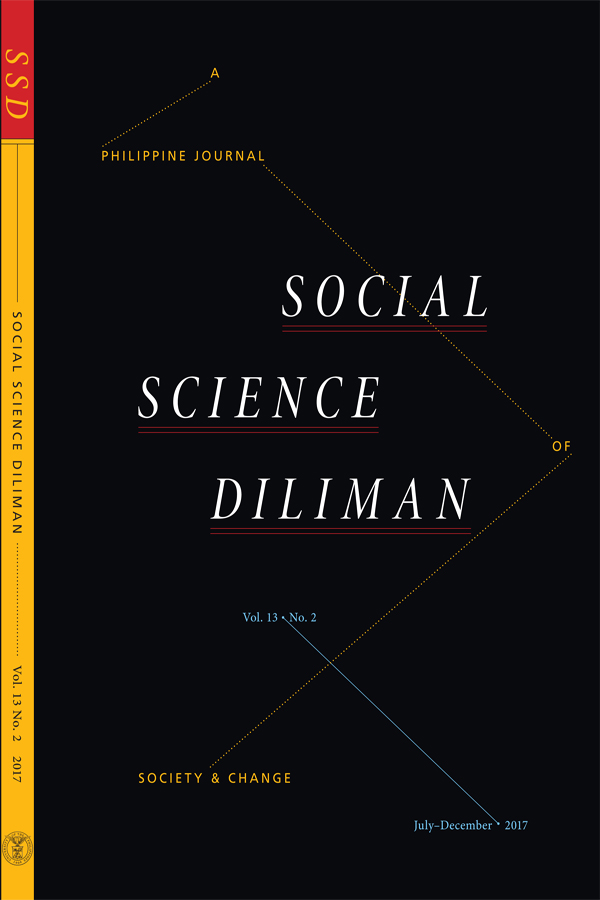Discipline and desire: Hansen’s Disease patients reclaim life in Culion, 1900–1930s
Abstract
This paper examines the everyday politics of Hansen’s Disease (HD) patients in Culion Island, Philippines from 1900 to 1930s. As part of the American colonial project to address HD in the Philippines, American colonial health authorities segregated HD patients from the larger Philippine society by establishing the Culion Leper Colony where they exercised disciplinary power over the patients by providing them with material benefits and medical treatment as proof of benevolence. American disciplinary power, however, denied autonomy to the patients. Thus, patients challenged the prevailing colonial order through unofficial acts of disobedience such as rejection of labor and treatment, gambling, secret courting and riot, which contributed to reclaiming autonomy and dignity of their lives for themselves.
KEYWORDS: Hansen’s disease, Culion Island, public health, disciplinary power, everyday politics


